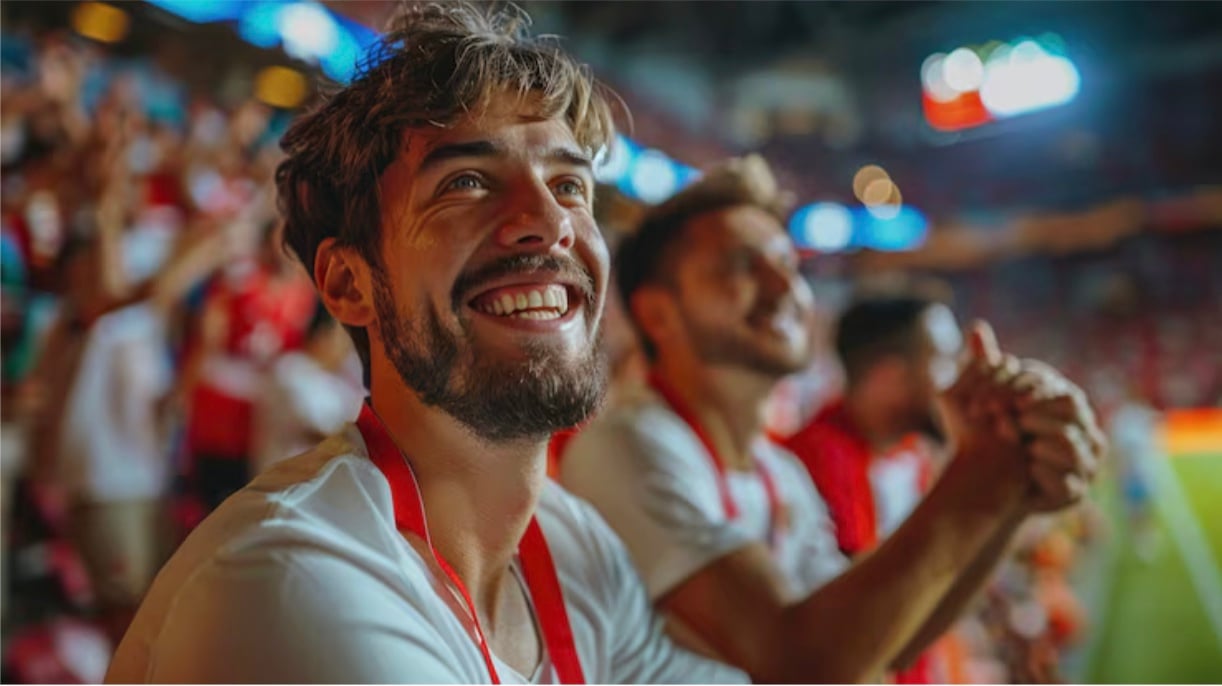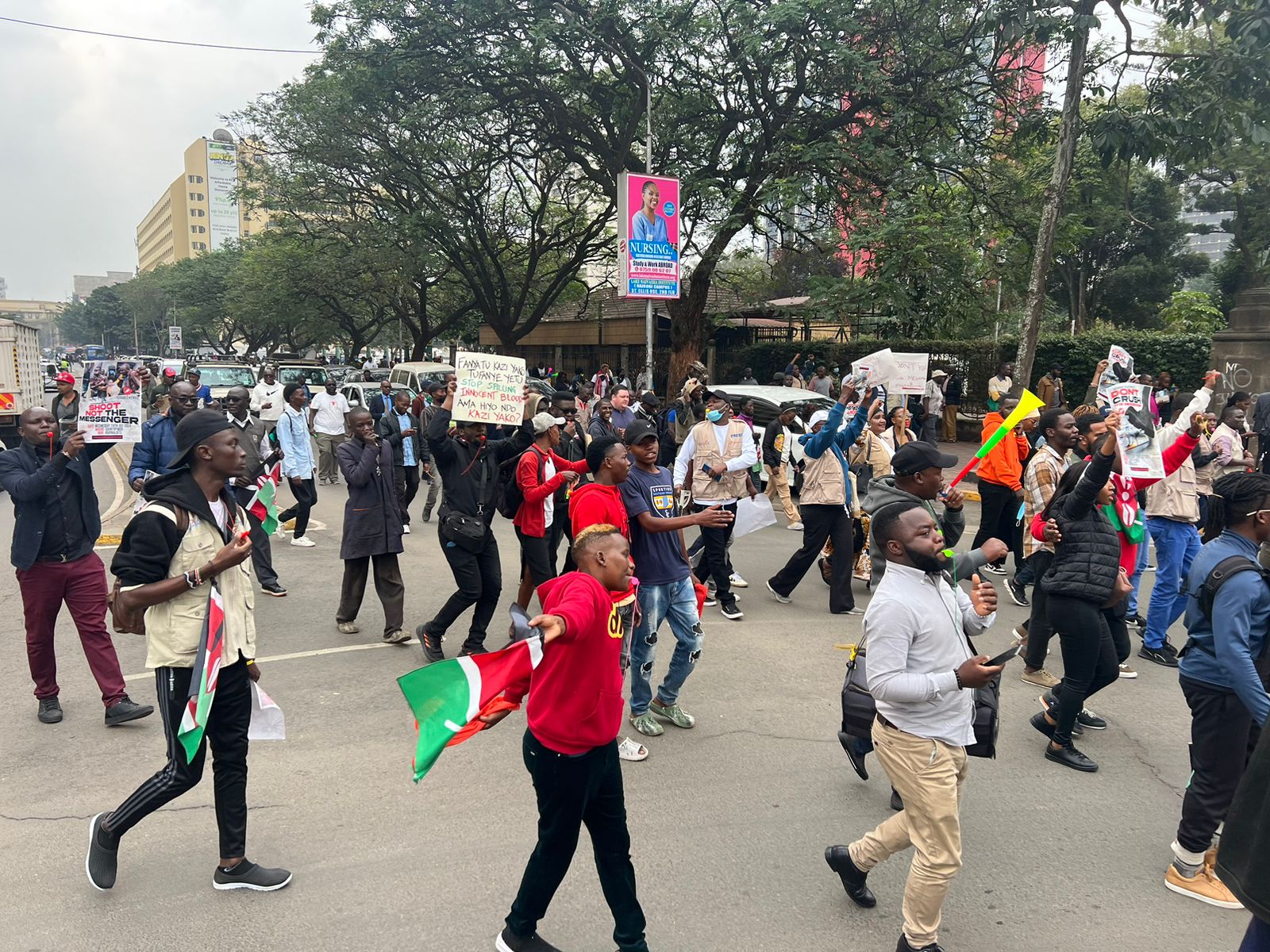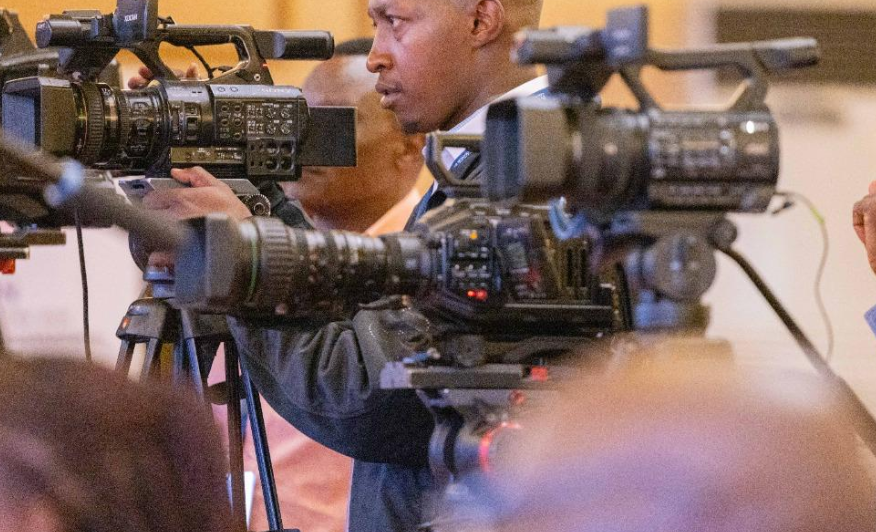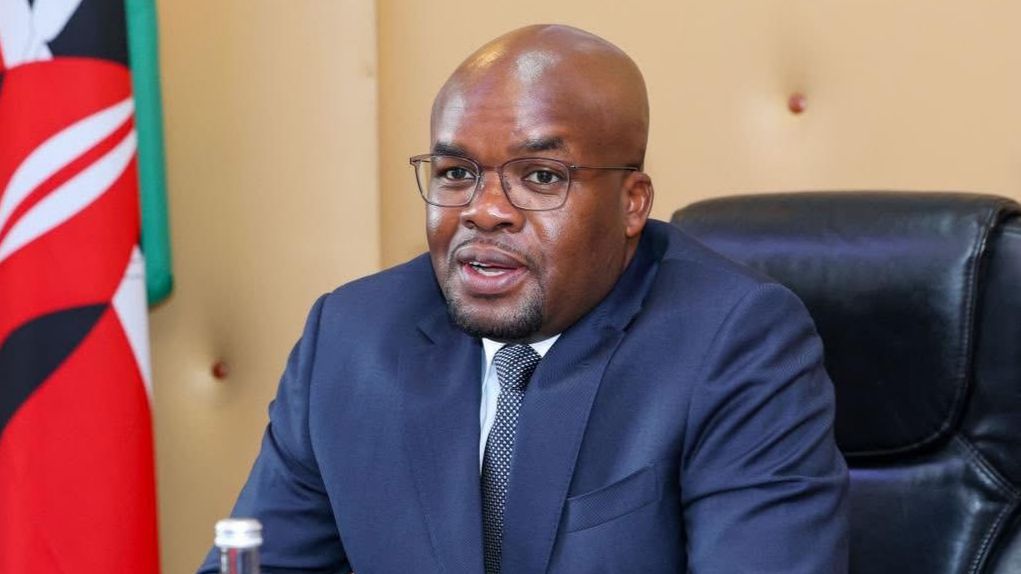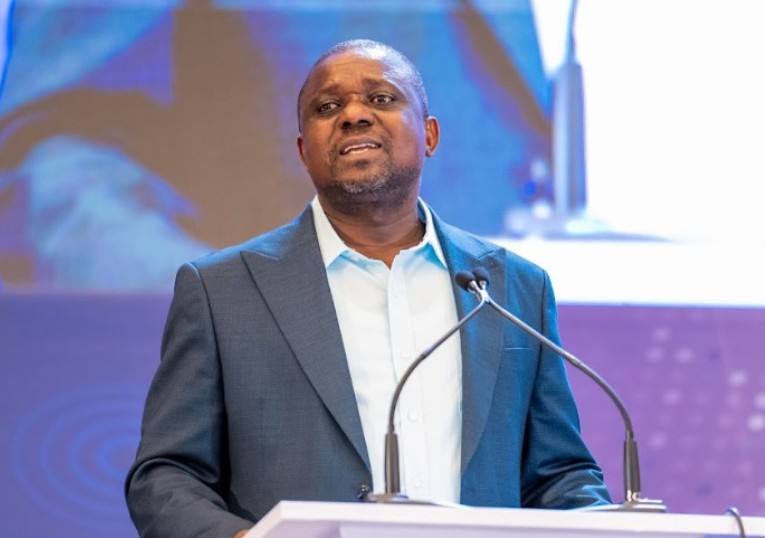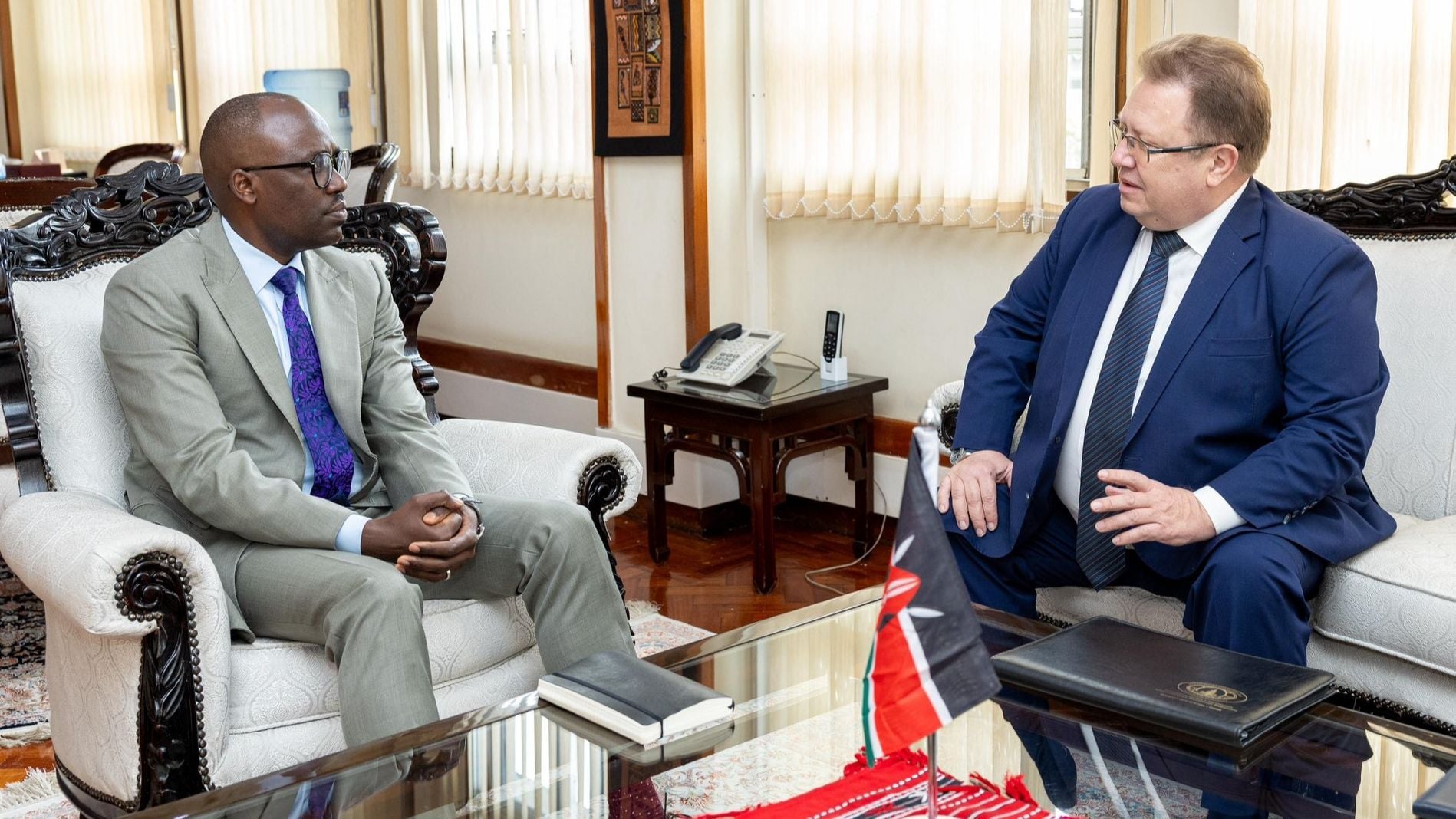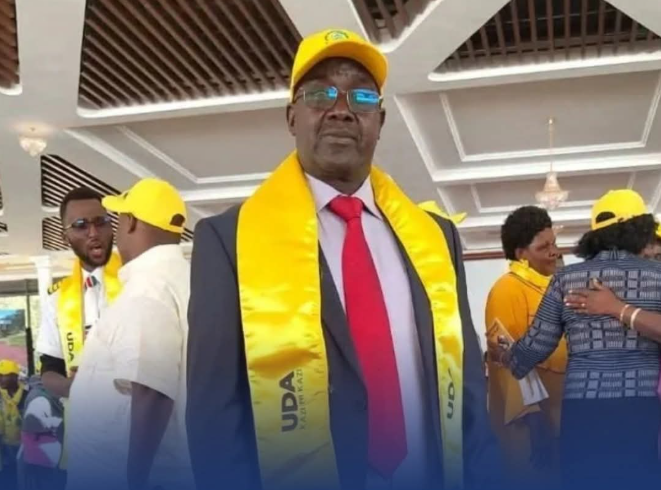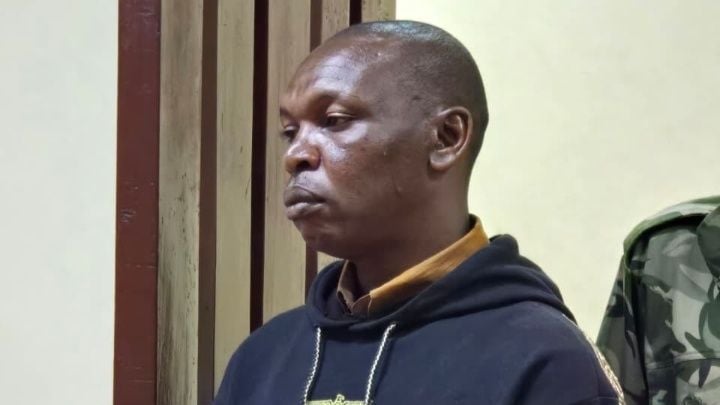In our segment of the Kenya Women Series, Patience Nyange and Esther Kiragu feature Ms. Jane Gitau. Jane is a seasoned and well-rounded, award-winning, global story-teller, and trainer. She also excels in the world of academia and in the practice of communication.
Well, I know Jane for the many hats she wears. She’s a Chevening Scholar like me. She lived in Cardiff (like me, in the year 1996). She is currently the Head of Corporate Communication at the Kenya Seed Company and the Chair of Greenbelt Movement, Kenya. Together we share a number of professional groups including Public Relations Society of Kenya (PRSK) and Network for Media and PR Women in Kenya.
In 2018, Jane my friend, Wavi and I found ourselves as judges for the #ZuriAwards2019. For the first time, I got a chance to spend time with Jane and through my interaction with her, I am justified to call her my senior in all ways. She is, exactly that.
Jane describes herself as a confident, relaxed, passionate, innovative, citizen of the world committed to her tasks. “Every time I have an assignment to pursue, I put in my best foot forward.” #KenyaWomenSeries
I started storytelling from the fireside chats I had with my grandmother during my school holidays many years ago. These stories fascinated me so much I ended up retelling them to my parents in the evenings and my classmates in the day.
Read More
I started writing them as well and got published in the children’s magazine “Rainbow” when I was 10 years old and in the Children’s Nation when I was in Form 2. My Form 3 English teacher prophesied that I would be a journalist. She had seen something special in me.
In Form 5 a different teacher predicted that I would be a Public Relations Officer (PRO) apparently because I had good people’s relations. Until then, I had never heard the term PRO. This expression through writing continues to date. It shaped my career choice at a difficult time.
My father would have preferred that I become a doctor but I was far from a good science student. His second choice for me was teaching but then again I wasn’t keen on youngsters. I liked to be around older people asking questions and writing the answers down. So I struggled to find something with writing in it.
I was brought up around church so after completing high school I found church-based writing spaces at Step (Youth for Christ) and Beyond (NCCK) magazines, All Africa Press Service (All Africa Conference of Churches-AACC). I then trained at the All-Africa Literature Centre in Kitwe Zambia which was part of AACC.
As my dream crystalized, I joined the media before moving back to the Church this time combining my writing passion with the serious issues around democracy and human rights in which the church was engaged. Since then, connecting theory and practice has been my key focus- whether in teaching or practicing communication.
I have understood the importance of leadership in shaping the values and aspirations of society and I have sought to empower myself and my community to move in a particular direction.
I believe it was this boundary spanning role that helped me win the Chevening Award in 1996 to study for my MA in Journalism Studies at Cardiff University. I remember the interview had a lot of questions around leadership, the ability to have an impact in society, to be a pacesetter.
I have experience in advocacy and human rights, in academia, and in communication. I have taken different courses to enable me gain the knowledge I require in each context. I am currently the Head of Corporate Communication at the Kenya Seed Company, a strategic government parastatal charged with producing seed to ensure food security in the country.
Throughout your career, you have served in many prominent positions Chairing boards of Public Relations Associations/ Societies not only in Kenya but also in Africa. Kindly tell us some ways you have contributed to shaping the PR profession in Kenya and beyond through serving these boards?
Serving in the different boards I think has been the result of the personal investment I have made in leadership development as well as the recognition by the society I serve. In 2012, I joined the PRSK board as a committee member and two years later was elected the Chair, a role I relinquished in May 2019. Our current President is Dr. Wilfred Marube.
At that time, we were getting set to host the World Conference for Public Relations in Emerging Economies (WCPREE) in partnership with the Global Alliance for PR and Communication Management. In November 2015, we hosted this event in KICC and had 500 global PR and Communication practitioners present. This was a tough season because Kenya was under constant terrorist threat.
I would say that just putting this event together was a huge feat in itself. In 2018, we drafted a bill that we want enacted to guide the practice of the Public Relations profession in Kenya. We also introduced to PRSK, the first-ever 5- strategic plan to enable us transition with a common agenda on a rolling basis.
We also moved PRSK to its own premises as opposed to being hosted by a PR agency as was previously the case. This has given more ownership of the society to members and along with more programs has helped increase member participation.
In 2016, I was invited to be Secretary of the Africa PR Association which is based in Lagos. This is the continental professional body. In the past, only a handful of countries have participated and our focus is to grow the membership of the association in each country through relevant communication discussions.
Our recent success in this has been Botswana where the association met in May 2018 and Rwanda in 2019. We are now in discussion to host the next event in Tanzania. These three are new countries to the APRA fold. Our next main strategy that I am directing is to focus on the university level students of Communication across Africa to be mentored by professionals under the Young Aprans tag.
In 2018-2020 I served as Africa delegate to the Global Alliance for PR and Communication Management headquartered in Lisbon. The GA was adopting a new strategy of strengthening the regional arms of the organization by establishing regional chapters. I established the first Africa regional chapter.
You are a #Chevening alumnus of 1997 and went on to become a founder Chair of the Chevening Alumnus Association of Kenya. Briefly tell us about your experience as a Chevener and some things you are most proud of this Association.
The Chevening award came through as an answered prayer for me. I really wanted to study and would not have afforded to pay for it from my personal resources. I was working for the church at the time and they had funds for scholarships in theology only. So Archbishop David Gitari’s Education Panel interviewed me and said I was the best layperson interviewed then gave me the blessing to source for funding through my department.
I responded to an advertisement in the newspaper in the first week of December 1995. I took up studies in September 1996 at Cardiff University in Wales where I pursued Journalism Studies. My mother died while I was away and the Chevening fund provided for my return to participate in the funeral. It was tough.
Having completed my studies, I felt very indebted to the British Government for all their support. Starting the alumni association was both for me a symbol of my gratitude – what can I do to say thank you? As well as a recognition of what they so constantly tell us- that their awardees are the crème de la crème. Surely when the top minds come together, what can stop them?
We made the first attempt to start the alumni association in 1998 and we had several meetings in my office on Bishops Road at the time. We had social events in different places including some hosted by officers working for both the British Council and the British High Commission. In 2000 I migrated to a neighboring country- Uganda and lost touch of the events.
I returned to find a fresh attempt to form an alumni association. In 2014 we started all over again. This is an alumni association of people who were sponsored by the British Government to pursue graduate studies in the United Kingdom under the most prestigious award given to top achievers by the British government.
We have won several funding grants to date to establish ourselves as a policy and advocacy think tank and have been invited to help start similar associations in Turkey, Botswana, and Rwanda.
Our current project is an intervention for working with students with disabilities. We are working with students in Kiambu and Kisumu counties. As a solution-minded leader, I am currently leading an effort to write our first strategic plan so that successors have a road map to work with. We work very closely with the British High Commission in Kenya.
You were recently appointed as the Chair of the Green Belt Movement (GBM), what does this role mean for you and especially for other women and younger girls watching you?
When you start as a woman you will learn that you the first but not the last. Therefore, you have a duty to open doors for others and hold their hands. You also go beyond your specific narrow focus and span boundaries. As communicators, we are called to be boundary spanners and that is the role I carry.
Mother nature and women have a link- justice for nature and justice for women goes hand in hand. Wangari Maathai said in different ways that if we don’t respect nature and treat it well, it is unforgiving. So I want to play my role and invite others to play their role in treating nature well. Let us mind the water sources and plant trees for posterity.
With such a distinguished career life, what three things do you know now that you wished you knew 15 years ago and that you would advise your mentees with regard to career and life?
Be patient: As young people we want things to happen now. We think it’s a race to the finish point. Have you ever planted a seed, any seed? It requires the right soil, then water, then light and all these within the right time. If a seed is supposed to sprout in seven days, giving it a double portion of all its nutrients will not make it grow in a day.
Find a mentor: This is a person more experienced than you in an area of your interest. Learn from them, ask them questions, follow through what you promise to do. While at it, build yourself and all aspects of your career. Please remember to breathe in and out each step of the way. no instant coffee. Stay away from shortcuts.
Be a mentor: This, you must do. Many people desire to be shown the way. Be different. Look around. Who needs a hand to learn from? Be that hand with a firm grip.
If you were to choose two values that are most important to you that you live by and that shape the way you work and live, what would they be and why?
Honesty- it is about being truthful, straightforward, having integrity, and being trustworthy. These are elements that we desire and wish to see in our society. I want to be what I preach.
Patience: being able to tolerate delays, problems, and accepting that people are not angels. There will be delays and we learn to live with them without condemning others.
You come across as a self-starter; one who is never afraid to take on new roles and chart new paths that previously didn’t exist. Would you say this is a correct description? Tells us some practical things you do that we can learn/borrow when faced with uncertainty about life and career?
If it ain’t broken, no need to fix it. I always have a picture of where I want to go and what I want to achieve. I normally break it down to short term goals and then ask what do I need to achieve this? Who do I need to help me? I also pray and ask God to guide me. Like Gideon in the Bible, I sometimes lay the fleece and ask for a sign.
If you had a chance to create a new world for the next generation what would you wish for in their new world?
Wow. I have a very simple answer to this question. I wish them peace, clean air, and a world full of opportunities.
Esther Kiragu is a Writer, Editor, and Communication professional in Kenya while Patience Nyange is a Chevening Scholar with a Masters Degree in International Public Relations and Global Communication Management from Cardiff University. Prior to joining Cardiff University, Patience served as an Assistant Director at the Kenya National Commission on Human Rights (KNCHR)

